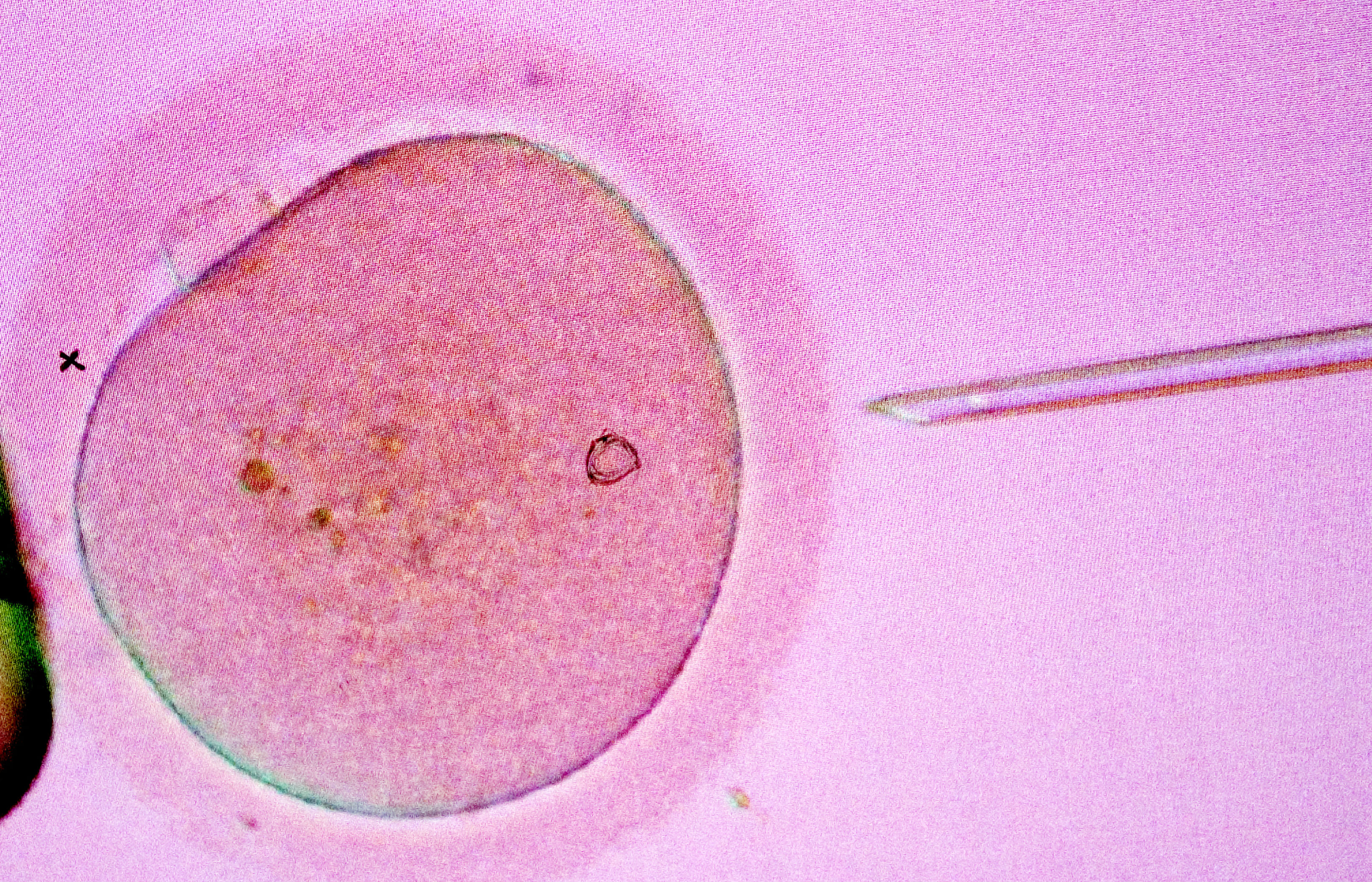Catholic bioethicists have criticised the UK fertility regulator's decision to approve the creation of so-called three-parent babies.
The Anscome Bioethics Centre, an institute in Oxford that engages with ethical and biomedical questions, released a statement last week saying the groundbreaking technique was tantamount to “genetic engineering” that “crosses the Rubicon into the genetic manipulation of future generations, which has been widely prohibited and condemned by various international declarations”.
Professor David Albert Jones, Director of the Centre, said the ramifications of the new method are currently unknown and involve “unnecessary risks”. He also said the technique involves destroying “two human embryos for every one embryo produced”.
The advanced form of IVF (In Vitro Fertilisation) enables a woman at high risk of passing on genetic diseases to her children to use a donor egg, along with her own DNA and partner’s sperm to eliminate inherited mitochondrial disease. It effectively means the baby will have genes from three different people.
Some scientists have questioned the ethics of the technique, saying it could open the door to genetically-modified "designer" babies.
But clinics can now apply to the Human Fertilisation and Embryology Authority (HFEA) for a licence to conduct three-person IVF.
NHS England has agreed to fund the treatment costs of the first trial for those women who meet the HFEA criteria, as long as they agree to long-term follow up of their children after they are born.
Professor Jones said: “The decision by the HFEA that it will consider applications for licences is therefore not a welcome development. Rather, it is a further example of allowing genetic manipulation and destruction of early human lives, not for the sake of curing disease, but for the sake of enabling a women to give birth to an ‘acceptable’ genetically- related child”, he said.
Frances Flinter, professor in clinical genetics at Guy's and St Thomas' NHS Foundation Trust, called the decision "wonderful news".
But, she told the BBC: "It is infinitely preferable that the early clinical trials should be done in a tightly regulated system in the UK, with long term follow-up of any children born, rather than in countries where there is no regulation or oversight."
About one in 10,000 newborns are affected by mitochondrial disease. Many of these children die young, as mutations can cause the brain, heart or muscles to fail.
Photo - In vitro fertilisation, otherwise known as artificial insemination




 Loading ...
Loading ...